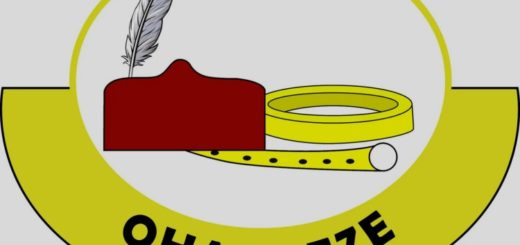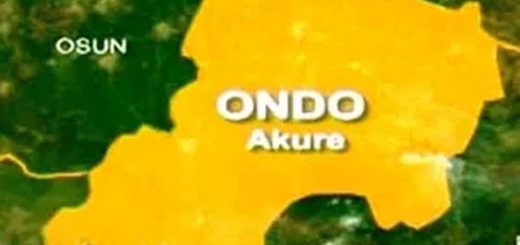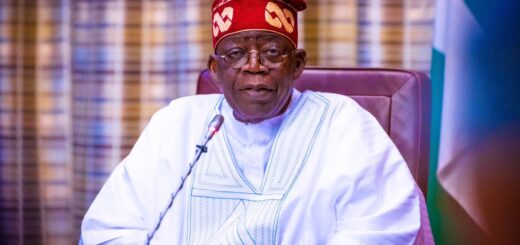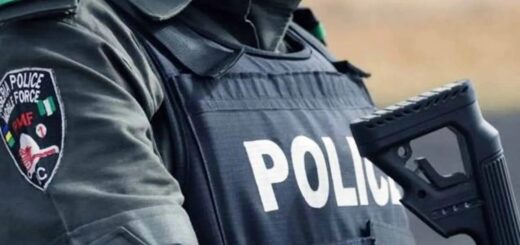FG to shut errant filling stations as petrol hits N1,000/litre
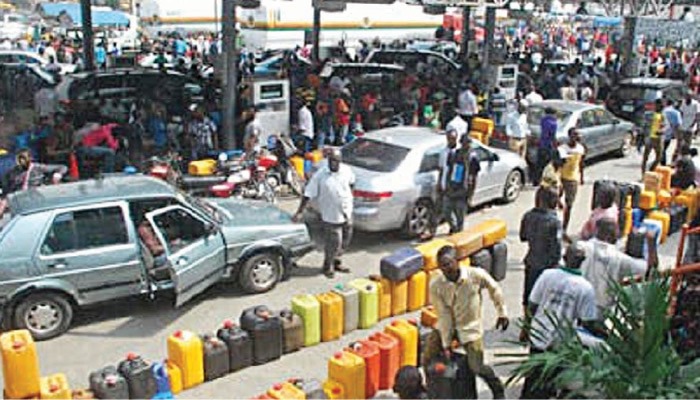 Many filling stations operated by independent oil marketers have now fixed the pump prices of Premium Motor Spirit, popularly called petrol, at between N900 and N1,000/litre.
Many filling stations operated by independent oil marketers have now fixed the pump prices of Premium Motor Spirit, popularly called petrol, at between N900 and N1,000/litre.
Owners of these stations seem not to care about the cost of the product at retail outlets operated by the Nigerian National Petroleum Company. Petrol prices at NNPC stations range from N568 to N617/litre. This often leads to queues at the stations.
As Nigerians raise concerns about the high cost of the commodity by independent petrol dealers, the Federal Government has also vowed to shut down filling stations that will be caught dispensing PMS at exorbitant rates.
It declared this through the Nigerian Midstream and Downstream Petroleum Regulatory Authority, stressing that it was not in the interest of Nigerians for marketers to profiteer in the sales of PMS.
Independent oil marketers claimed that they’ve been buying petrol from private depot owners for as high as N850/litre since last week and that this was why the pump prices were high.
However, the spokesperson of the NMDPRA, George Ene-Ita, argued that the petrol price reports that the regulator gets from its officials at the depots were different.
“Our depot people see a different price because we ask them to publish the prices at the depots every day and it is not N850/litre. Our field agents at the depots give us a different figure,” he said.
When told that some filling stations operated by independent marketers in Lagos and many other states dispense their products for as high as N900 and N1,000/litre, the NMDPRA official said such outlets would be brought to book if apprehended.
“If we get these outlets, all we do is to try and shut them down, because NNPC is the company that brings in the product and they tell us how much they sell as their ex-depot prices to off-takers. And we sit down together and work out the margins and there is no way it should be that high,” Ene-Ita declared.
The NMDPRA official further noted that there was no way the agency could reconcile the high cost of petrol sold by independent marketers.
“Do you have these stations displaying the high prices on their pumps?” Ene-Ita asked.
Our correspondent responded in the affirmative, and the regulatory agency’s official declared again, “Once we get these outlets, we are going to shut them down. NNPC tells us how much they sell and there is no way the pump prices should be that high. We don’t expect it to be higher than N650/litre.”
The NMDPRA spokesperson warned marketers involved in profiteering to desist from the act, stressing that the agency would not fold its hands and allow operators to cheat Nigerians.
Findings by our correspondents show that marketers are making more profit as the fuel crisis rocking the country has refused to end.
owners of filling stations have seized the opportunity to add to their margins as regulators could not enforce any particular price.
Due to the low supply from NNPC, private depot owners were said to have hiked the price of petrol as high as N850/litre
The depots sell to independent marketers, who could not get the product directly from the NNPC at about N570/litre like the major marketers.
In return, the independent marketers sell a litre of petrol to motorists and other Nigerians at prices ranging from N850 to N900 or even N1,000 in some remote areas.
“That is why no marketer is complaining of low margins again. This is the time for them to make money. The only issue is that getting the product is not that easy,” a source
“The price is high because the supply is low. It is a matter of demand and supply. The price will continue to be up, at least for now. It Is an opportunity for the filling stations to add to their margins. This is an abnormal situation. Normalcy is restored, and the regulatory authority can monitor. Can the regulator monitor anybody now?
“Imagine when you pay about N30m to NNPC to order petrol and it takes about one month to get the product. Assuming you take N30m from a bank with this interest rate, is that not a problem?’ a marketer stated.
Sources at the Lagos depot informed our correspondent anonymously that the NNPC is still rationing the product despite assurances that normalcy would be restored last Wednesday.
It was gathered on Monday that marketers could only get half of whatever metric tonnes they bid for.
A depot operator said though the situation had improved a bit, the supply is still far below what is required to ease off the queues and make the product available for all Nigerians.
Another source hinted that the Federal Government is now prioritising the Federal Capital Territory, Abuja to reduce the long queues in filling stations.
Contrary to claims that the marketers might be hoarding fuel, the manager of a filling station in Ogun State, who identified himself simply as Adeyanju, said no one hoards fuel because it will continue to dry up.
“The way PMS is, if you put 33,000 litres in a tank, if you hoard it for too long, by the time you want to haulage it, it may not be more than 31,000 or 32,000 litres. It will be evaporating. No tank operator will ever hoard fuel, not even at this time when people are making money,” the manager disclosed.
He added that no miracle could clear off the queues in this new week, asking the NNPC to ramp up supply.
On Monday in Osogbo, Osun State, petrol was sold by filling stations owned by independent marketers at prices ranging from N900 to N1000 per litre.
However, the few major marketers that dispensed petrol, sold the product for N700 per litre.
Many filling stations within the metropolis did not open to customers, as commercial intra-city bus operators increased their charges by 50 per cent due to the high cost of fuel.
Petrol was priced between N980 and N1000 at stations owned by independent dealers in Damaturu and its surrounding areas.
The same scenario played out in parts of Lagos and Ogun states, where petrol went for as high as N950 and N1,000/litre at independent marketers’ stations.
Following the reluctance of many marketers in Kano State to open their filling stations despite having the commodity in stock, black markets continued to thrive.
A litre of PMS at filling stations owned by independent marketers still sold for N980 and N1000/litre in Kano.
Following this negative development, black marketers have fully returned to the business and are having a field day. PMS at the black market sells for N1200 and N1300.
